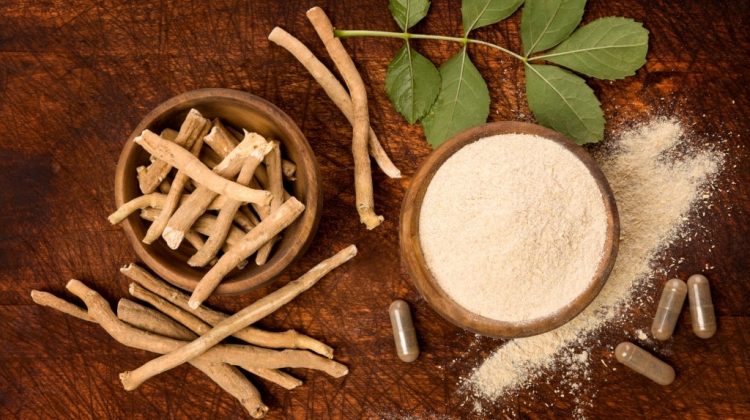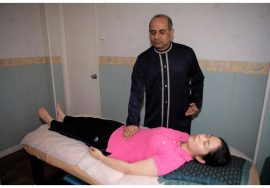
ASHWAGANDHA
In Ayurveda, Ashwagandha is one of the most used herbs, as a general tonic. It is considered as a national herb in India and is also called Indian Ginseng.
It is used as one of the main ingredients in numerous Ayurvedic preparations which are recommended to boost one’s immune system, strengthen the nervous system, and for building up good muscles, etc.
“Ashwagandha” is a combination of 2 Sanskrit words – “Ashwa”, which means “horse”, and “gandha”, which means smell. Because this herbal plant smells like a horse, it is called Ashwagandha, while at the same time, it can provide the strength and stamina of a horse as well.
Though panchang (five parts) of this plant – namely the seeds, leaves, flowers, bark and roots – possess medicinal properties and have beneficial effects on our health, mostly the root itself, and the root in powder form, are used in most of the Ayurvedic formulas.
In ancient Ayurvedic texts, Ashwagandha is called “Brihan” and “Balya”. “Brihan” comes from the original Sanskrit word “Brihad”, meaning great/big/unique/special with regard to its properties, quality and influence; while “Balya” comes from the Sanskrit word “Bala”, which means strength & power. In other words, Ashwagandha is a great herb which provides strength on all levels – physical, mental, emotional and intellectual.
This herb is very light and easy to digest. It has bitter, astringent, pungent and slightly sweet taste. It can increase warmth in the body and thus help to eliminate excessive water element (mucus) from one’s body. Therefore, Ashwagandha can help to reduce unwanted fat and tone up the muscles.
This unique herb is equally beneficial for all age groups and for people from all walks of life. Children can develop very well physically and mentally by consuming this, students can improve their memory and grasping power, young adults can boost their energy and enhance their stamina, while older people can maintain good emotional stability and enjoy sound sleep, which is essential in preventing the increasing cases of neurological problems in the elderly.
Ashwagandha can be successfully used to resolve several mental, emotional and neurological problems, e.g. anxiety, depression, panic attacks, dementia, Alzheimer’s, low self-confidence, poor memory, etc.
This herb is also beneficial and helpful in resolving fertility related issues. It can help to rectify women’s problems, e.g. PMS, irregular menses, difficulty in conceiving, etc. For men, Ashwagandha can help to improve the functioning of the reproductive system, and deal with oligospermia, premature ejaculation, erectile dysfunction, etc.
The general daily recommended dosage is 3 – 5 grams once or twice a day for adults, and 2 – 3 grams once or twice a day for children below 12 years.
Side effects: No known side effects.
Caution: for your specific individual need, it is advisable to take Ashwagandha under the supervision of a qualified Ayurveda Practitioner.
To book an online appointment at Ayuryoga, with our Ayurveda/Yoga Expert Mr. Vinod Sharma Hong Kong please click here.












